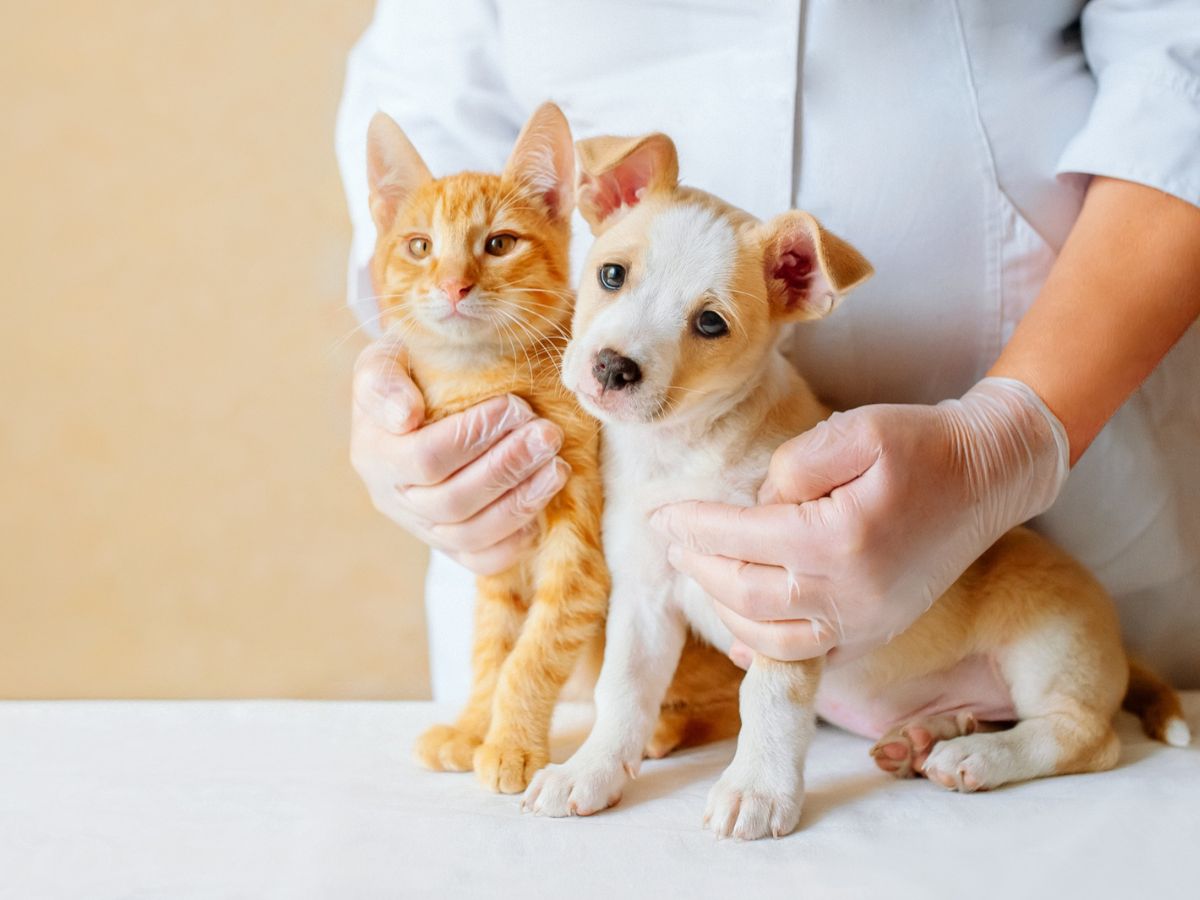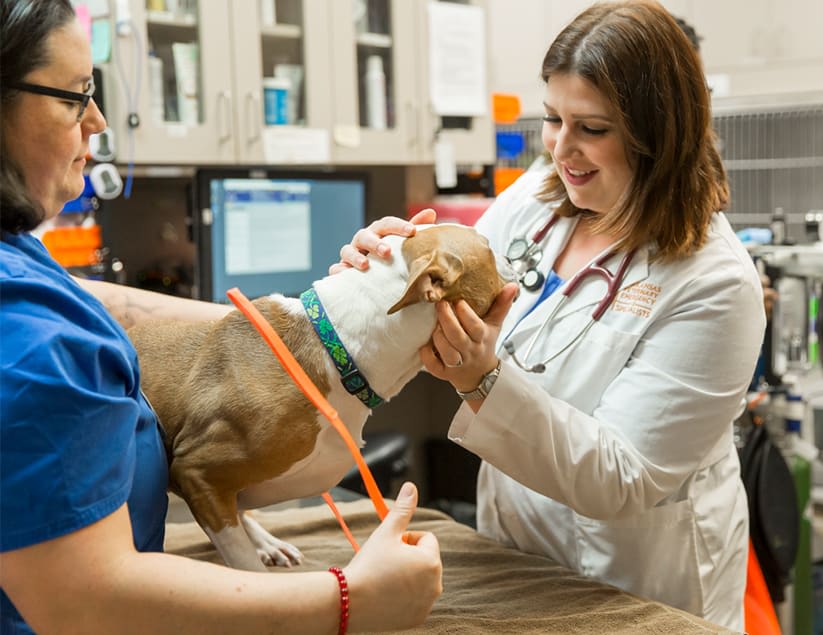Veterinarians in Henderson NV are medical professionals who specialize in the diagnosis, treatment, and care of animals, including both pets and livestock. They play a critical role in ensuring the health and well-being of animals and contribute to public health by addressing zoonotic diseases (diseases that can be transmitted between animals and humans). Here are some key aspects of veterinarians and their responsibilities:
- Education and Training: Veterinarians typically undergo extensive education and training. They must earn a Doctor of Veterinary Medicine (DVM) degree from an accredited veterinary school, which is typically a four-year program. After graduation, some veterinarians choose to pursue specialized training or board certification in areas such as surgery, internal medicine, pathology, or radiology.
- Animal Health Diagnosis: Veterinarians diagnose and treat a wide range of medical conditions in animals. They use physical examinations, laboratory tests, imaging, and other diagnostic tools to identify illnesses, injuries, and diseases.
- Preventative Care: Veterinarians provide vaccinations, parasite control, dental care, and other preventative measures to keep animals healthy. Regular check-ups and wellness exams are common services.
- Surgery: Many veterinarians perform surgical procedures, ranging from routine spaying and neutering to complex surgeries such as orthopedic or internal surgeries.
- Prescribing Medications: Veterinarians can prescribe medications to treat infections, manage pain, and address various health issues in animals.
- Emergency Care: Some veterinarians work in emergency and critical care settings, providing 24/7 care for animals with urgent medical needs.
- Specializations: Veterinarians can specialize in various areas of veterinary medicine, such as oncology, dermatology, cardiology, or exotic animal care. These specialists have advanced training and expertise in their chosen field.
- Animal Welfare and Ethical Treatment: Veterinarians are advocates for the ethical and humane treatment of animals. They may be involved in animal welfare organizations, shelters, and rescue operations.
- Public Health: Veterinarians play a vital role in public health by monitoring and controlling the spread of zoonotic diseases. They work in food safety, ensuring the quality and safety of the food supply, and may be involved in disease surveillance and control efforts.
- Research: Some veterinarians engage in research to advance the field of veterinary medicine, discover new treatments, and improve animal health outcomes.
- Educational and Outreach Activities: Veterinarians may educate pet owners, farmers, and the public about animal health, responsible pet ownership, and disease prevention.
- Government and Regulatory Roles: Some veterinarians work for government agencies and regulatory bodies to enforce animal health and safety standards, inspect food production facilities, and oversee quarantine and disease control measures.
Veterinarians serve a crucial role in society by promoting the health and welfare of animals, protecting public health, and contributing to the well-being of pets, livestock, and wildlife. They are dedicated professionals who work to ensure the highest standards of animal care and treatment.

